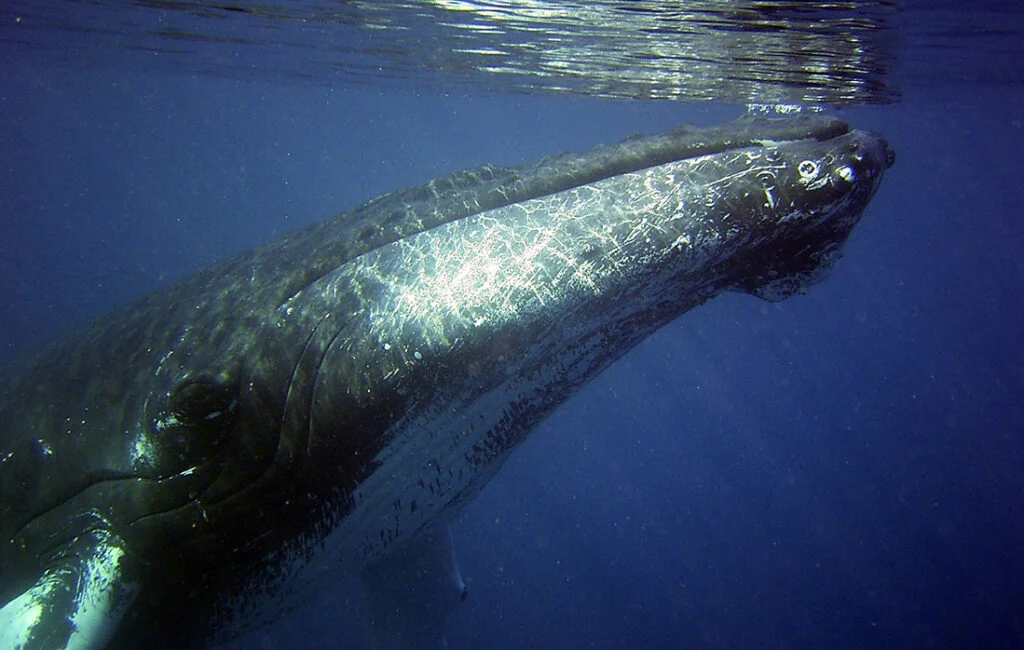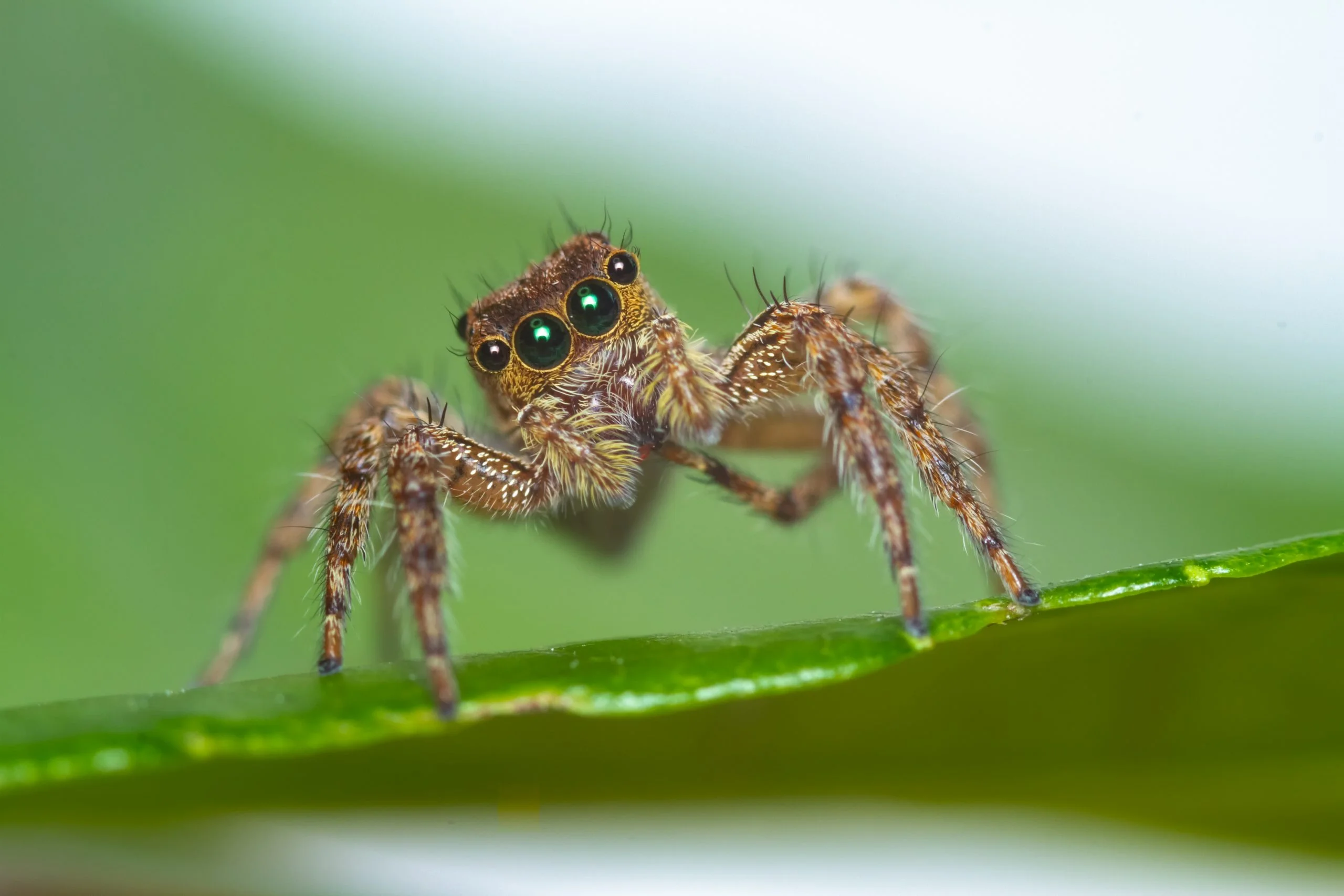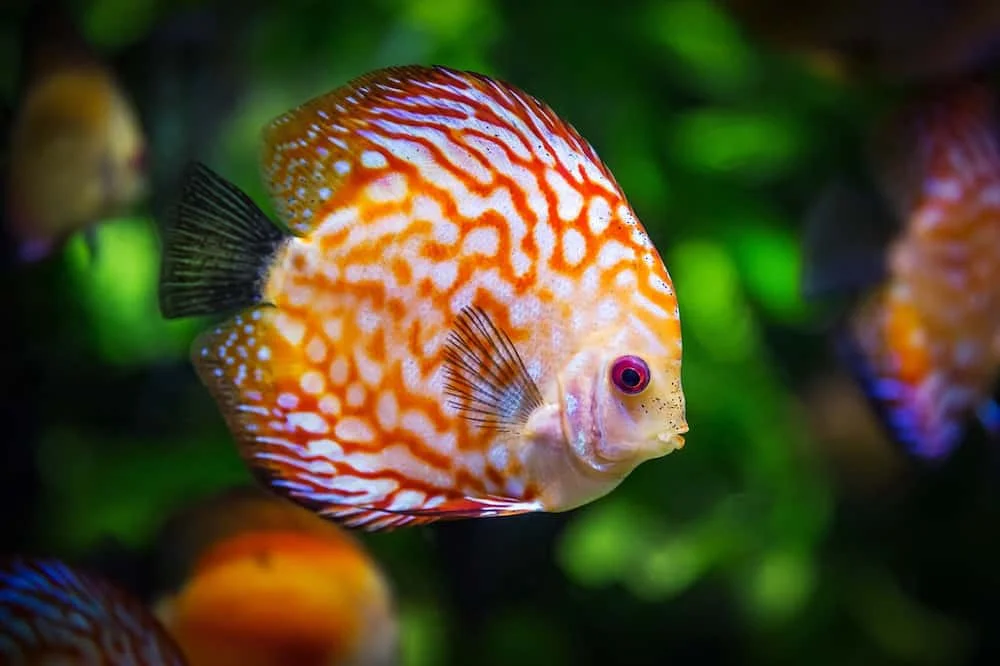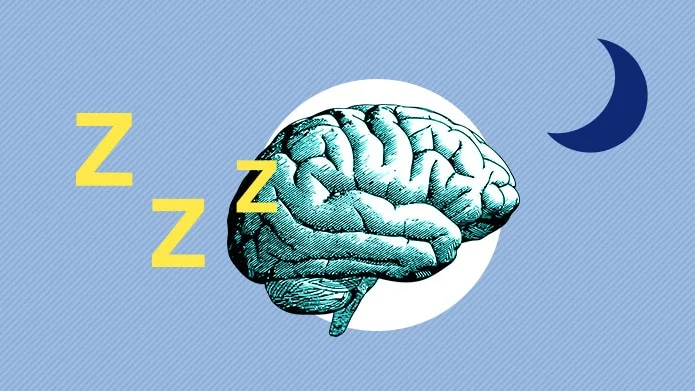
Adult humans require at least seven hours of sleep each night, but how different is that from whales? Whales are mammals, just like humans, meaning they require air to breathe.
Unlike humans, whales require significantly less sleep, with sperm whales sleeping only 7 percent of their day, while humans spend 20 percent to 40 percent of their day sleeping. To ensure that whales don’t drown while they’re sleeping, they’re voluntary breathers. The Whale and Dolphin Conservation explains voluntary breathers think about each breath they take, versus involuntary breathing where breathing is automatic, controlled by the brainstem.
Dr. Shelby Harris, Sleepopolis’s director of sleep health, explained further that humans don’t use voluntary breathing while sleeping — it’s an involuntary act, but there are times where voluntary breathing is helpful like while singing since it requires thought.
But how do whales remember to breathe while they’re asleep? Whales are also unihemispheric sleepers, meaning they can shut off half of their brain to sleep, while the other half is conscious, telling their bodies to breathe. A study in 2008 explained, “such unihemispheric sleep is thought to enable swimming, voluntary breathing, predator avoidance and/or social contact during sleep at sea.”
“Humans are dual hemisphere because of how our corpus callosum connects both hemispheres,” Dr. Harris explained. “We just aren’t naturally built that way.”
Sperm whales are the most interesting of the species because of their lack of sleep needed. Sperm whales have the largest brains of any animal species, but a study found that they can only sleep in 10- to 15-minute increments at a time and are highly unbothered by their surrounding environment. The researchers explained in their study that the sperm whales were unresponsive to their boats until it made accidental contact with them, jolting them awake. They sleep vertically in packs, looking like unmovable statues.
Now if you ever wish you could function on less sleep, look to our sea mammal friends in admiration, because they can do what we only dream about.
Sources
Harris, Shelby. Personal Interview. Conducted April 7, 2024.
How do whales and dolphins sleep? Whale & Dolphin Conservation USA. https://us.whales.org/whales-dolphins/how-do-whales-and-dolphins-sleep/. Published February 22, 2024.
Miller PJO, Aoki K, Rendell LE, Amano M. Stereotypical resting behavior of the sperm whale. Current Biology. Published January 8, 2008. https://doi.org/10.1016/j.cub.2007.11.003

These Cute Jumping Spiders May Sleep and Dream Just Like Us

A Guide To How Animals Sleep

Do Fish Sleep?


























